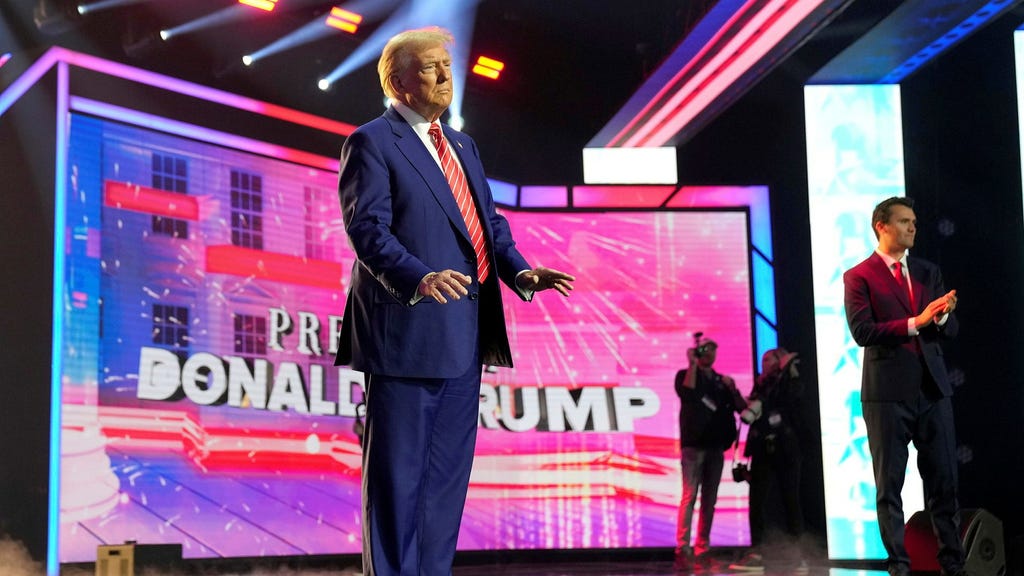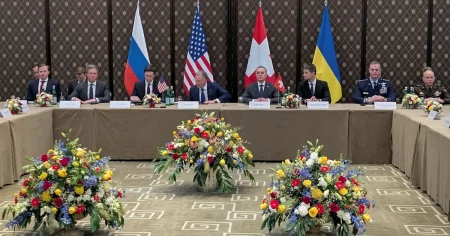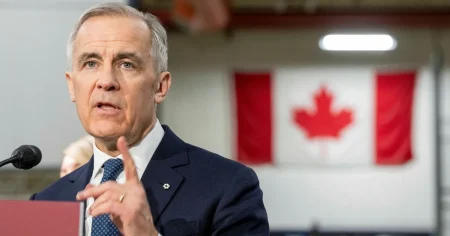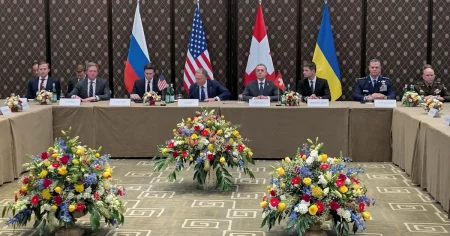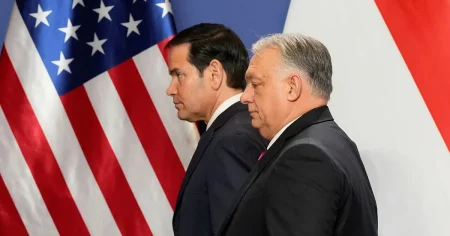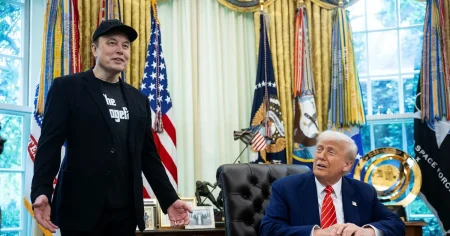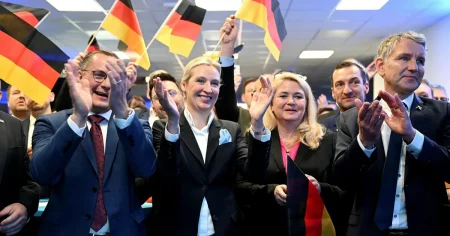Donald Trump’s return to the global stage is undeniable, his influence radiating outwards even before officially reassuming the presidency. While his ”America First” rhetoric suggests an inward focus, prioritizing national security and encouraging other nations to manage their own affairs, his actions paint a far more complex picture. Despite the decline of the US-led liberal world order and the rise of a multipolar world with power centers like China, Russia, India, and Iran, Trump has actively engaged with international affairs since his election victory. His assertive pronouncements regarding Greenland, Canada, and the Panama Canal, coupled with his interactions with foreign leaders, demonstrate a proactive, rather than isolationist, approach to foreign policy. Trump’s shadow looms large, leaving the world to speculate on his approach to numerous global challenges and conflicts inherited from the Biden administration.
Trump’s engagement with foreign leaders, including Volodymyr Zelenskyy and various heads of state hosted at Mar-a-Lago, contrasts sharply with the declining visibility of President Biden on the international stage. This active diplomacy, combined with provocative pronouncements on territorial claims, suggests a foreign policy agenda far more assertive than his ”America First” slogan might imply. The lingering question remains: how will Trump address the myriad global challenges and conflicts inherited from the Biden administration? His campaign promise to swiftly resolve the Russia-Ukraine war in just 24 hours stands as a prime example of this uncertainty. While his skepticism towards international alliances and institutions promoting free trade, security, and human rights is evident, the precise nature of his foreign policy approach remains a subject of speculation.
Trump’s pre-inauguration pronouncements have already sent ripples through the global political landscape. His threats of trade wars and tariffs have destabilized the Canadian government, while European leaders scramble to anticipate and respond to his stance on NATO, the EU, Russia, and the ongoing Ukraine conflict. Meanwhile, the Middle East is experiencing significant upheaval with the downfall of Bashar al-Assad and the weakening of Hezbollah and Hamas. While Vladimir Putin might anticipate a more sympathetic ear from the new US president, Russia’s regional influence has been diminished by Assad’s fall, and Trump’s disdain for ”losers” further complicates the dynamic. The swift collapse of the Syrian regime could also serve as a cautionary tale for the Russian leader. Putin’s claim of Russia regaining sovereignty is countered by its increasing dependence on China.
The global political landscape is further complicated by internal crises within major democracies like France, Germany, Japan, and South Korea. These nations grapple with political instability, rising right-wing sentiments, and public discontentment over issues such as migration and support for Ukraine. Germany faces upcoming elections with Chancellor Scholz’s position precarious and the far-right AfD poised for significant gains. Similarly, France remains in political turmoil, with President Macron facing challenges from the right-wing populist Marine Le Pen. This rise of right-wing populism, coupled with political instability within democratic nations, creates a fertile ground for Trump’s influence on the world stage.
Adding another layer of complexity is the role of Elon Musk, who leveraged his financial investment in Trump’s campaign to gain a position of significant influence within the new administration. Now considered a power broker in Washington, Musk has hinted at extending his financial influence to elections abroad. His public support for the German far-right AfD, expressed through his social media platform X, further underscores his potential to impact global politics. This alliance between Trump and Musk represents a potent force with the potential to reshape international affairs in ways that extend beyond traditional political channels.
The convergence of these factors – Trump’s assertive foreign policy pronouncements, the rising tide of right-wing populism in several countries, and the emergence of Musk as a significant political influencer – suggests a turbulent period ahead for global politics. The instability within major democracies, coupled with Trump’s unpredictable approach to international affairs, creates a highly volatile global environment. The extent of Trump and Musk’s combined influence, and its impact on the already fragile international order, remains to be seen. This new era of global politics promises to be one of significant change and uncertainty.





